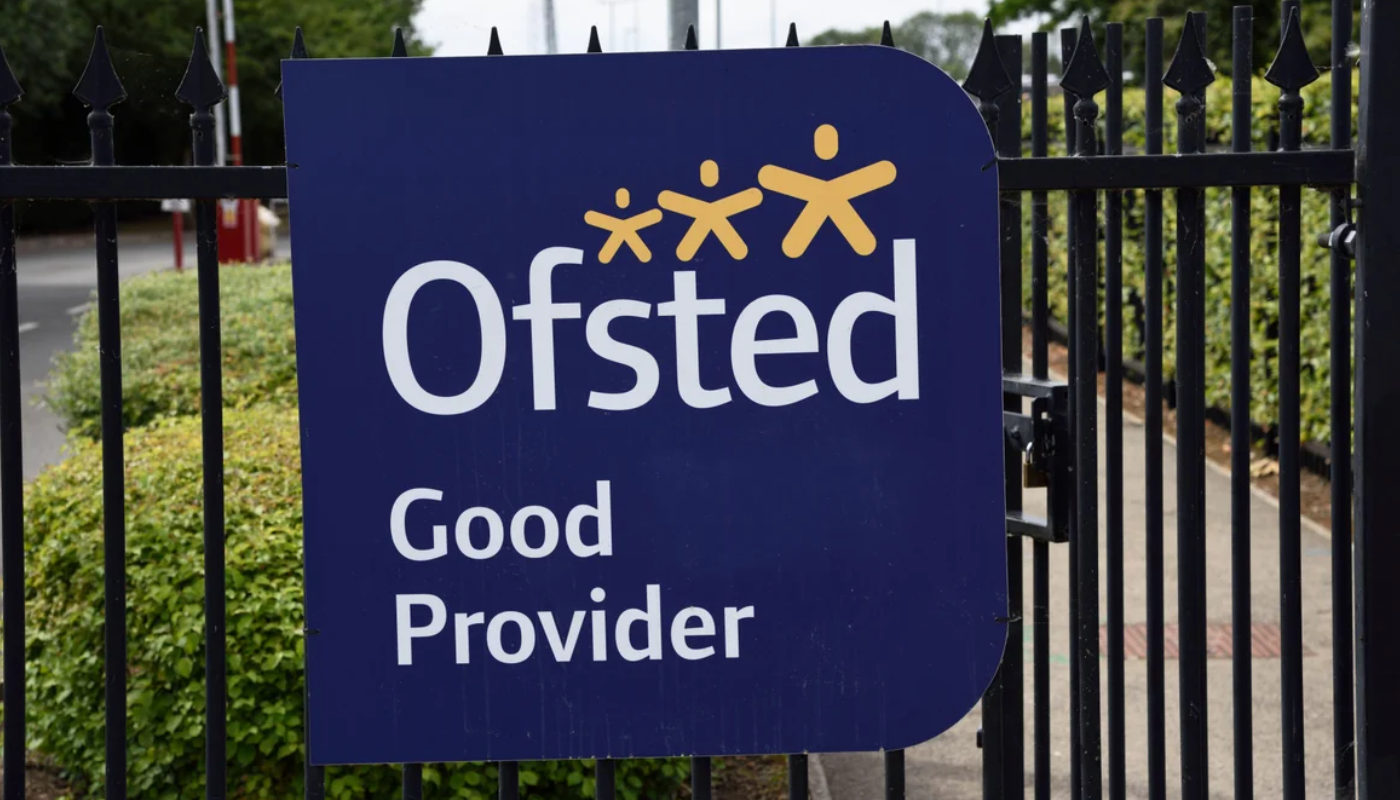New SEND Guidance Aims to Make Mainstream Schools More Inclusive

The government is set to publish “best practice” guidance to help mainstream schools set up and run SEN and pupil support units as part of its broader inclusion agenda. The Department for Education (DfE) has appointed the National Children’s Bureau (NCB) as the lead partner for this work, with interim guidance scheduled for December 2025 and final guidance due in February 2026.
This initiative forms part of Labour’s SEND strategy, which aims to educate more pupils with additional needs in mainstream settings rather than more costly special school placements.
High-Quality Guidance for Schools
The guidance will provide a framework for SEN units, resourced provision, and pupil support units, all designed to help pupils with additional needs in mainstream schools.
- SEN units offer specialist lessons for pupils.
- Resourced provision provides a supportive base while pupils remain mostly integrated into mainstream classes.
- Pupil support units are small-group interventions aimed at behavioural support or preventing exclusion.
Numbers are already on the rise. According to the DfE, there were 449 schools with SEN units and 1,217 with resourced provision in January 2025. Around 50% of secondary schools have or plan to open pupil support units. (DfE survey)
The Case for Reform
The National Children’s Bureau has highlighted the urgent need for systemic change, citing overstretched services, delays in support and fragmented systems that make life difficult for families and professionals alike.
NCB says that “Mainstream schools and early years settings must become more inclusive for disabled children and those with special educational needs. Achieving this requires radical changes across policy frameworks, including inspections, teacher training, curriculum design, and assessments”. Central to these reforms is a collaborative, multi-agency approach. This includes education providers, local authorities, NHS services, youth justice services, and other partners working together to provide wraparound support for schools and pupils.
The Financial Reality
Supporting SEND pupils is costly. The government currently spends £12 billion a year on SEND, which has risen 66% in the past decade. The Institute for Fiscal Studies (IFS) predicts that, without reform, spending will increase by another £3 billion annually by 2029, with 220,000 more pupils requiring Education, Health, and Care Plans (EHCPs).
Currently, mainstream schools cover the first £6,000 of SEND support per pupil, with councils covering additional costs. Special schools are significantly more expensive, averaging £23,900 per year for state schools and £61,500 per year for independent placements (BBC).
Early Intervention and Inclusion at the Core
The government’s goal is clear: more early intervention and more SEND pupils supported in mainstream schools. This approach not only improves inclusivity but also helps manage rising costs by reducing reliance on expensive special school placements.
Education Minister Georgia Gould emphasised that children, families and teachers will be “at the forefront” of SEND reforms, with a continued legal right to additional support.
Final Thoughts:
With interim guidance arriving this December, schools have the opportunity to shape a more inclusive mainstream education system. By collaborating across agencies and implementing high-quality SEN and pupil support units, mainstream schools can better meet the needs of pupils with SEND, delivering early intervention and reducing the pressures on costly specialist placements.







